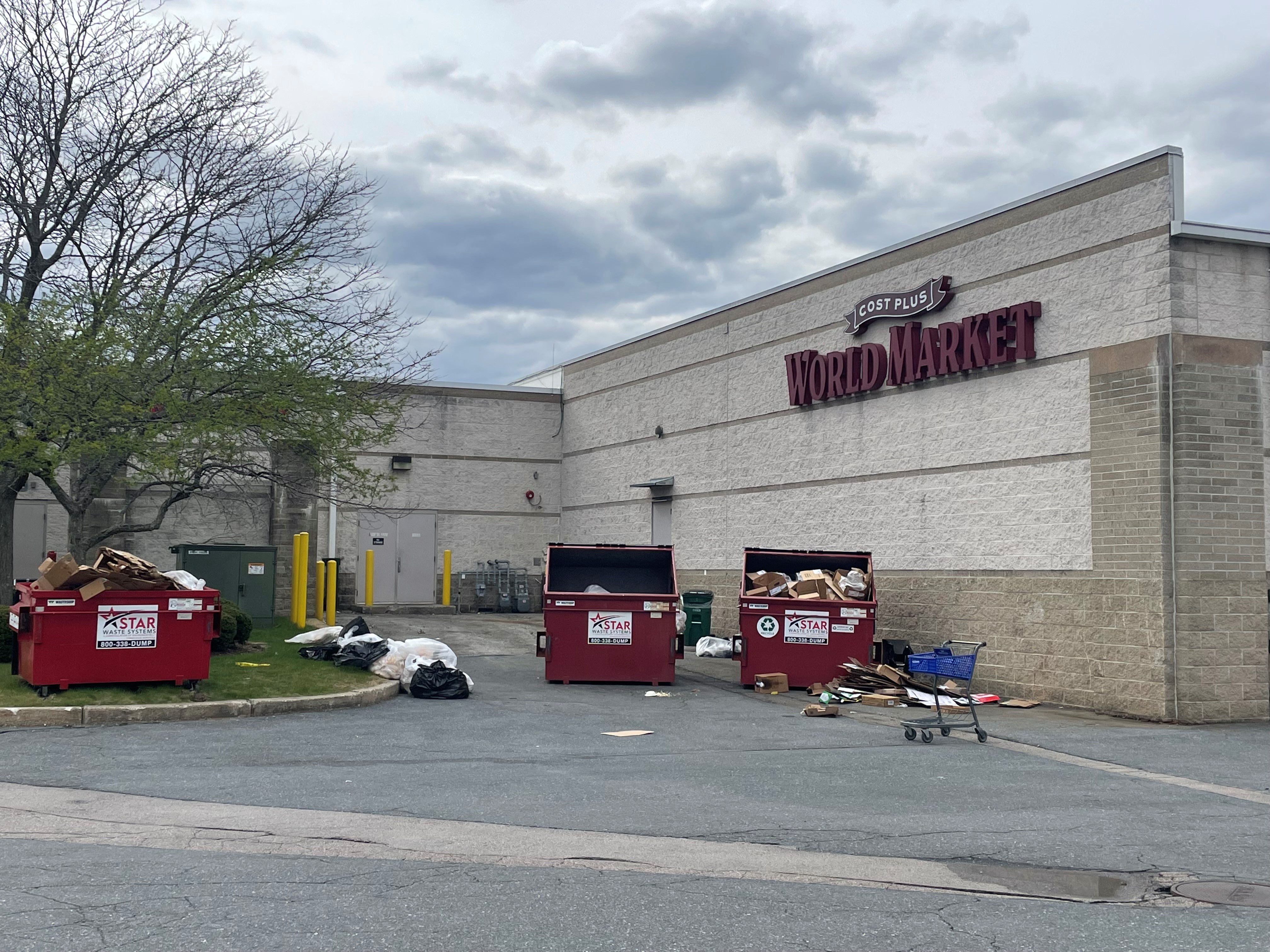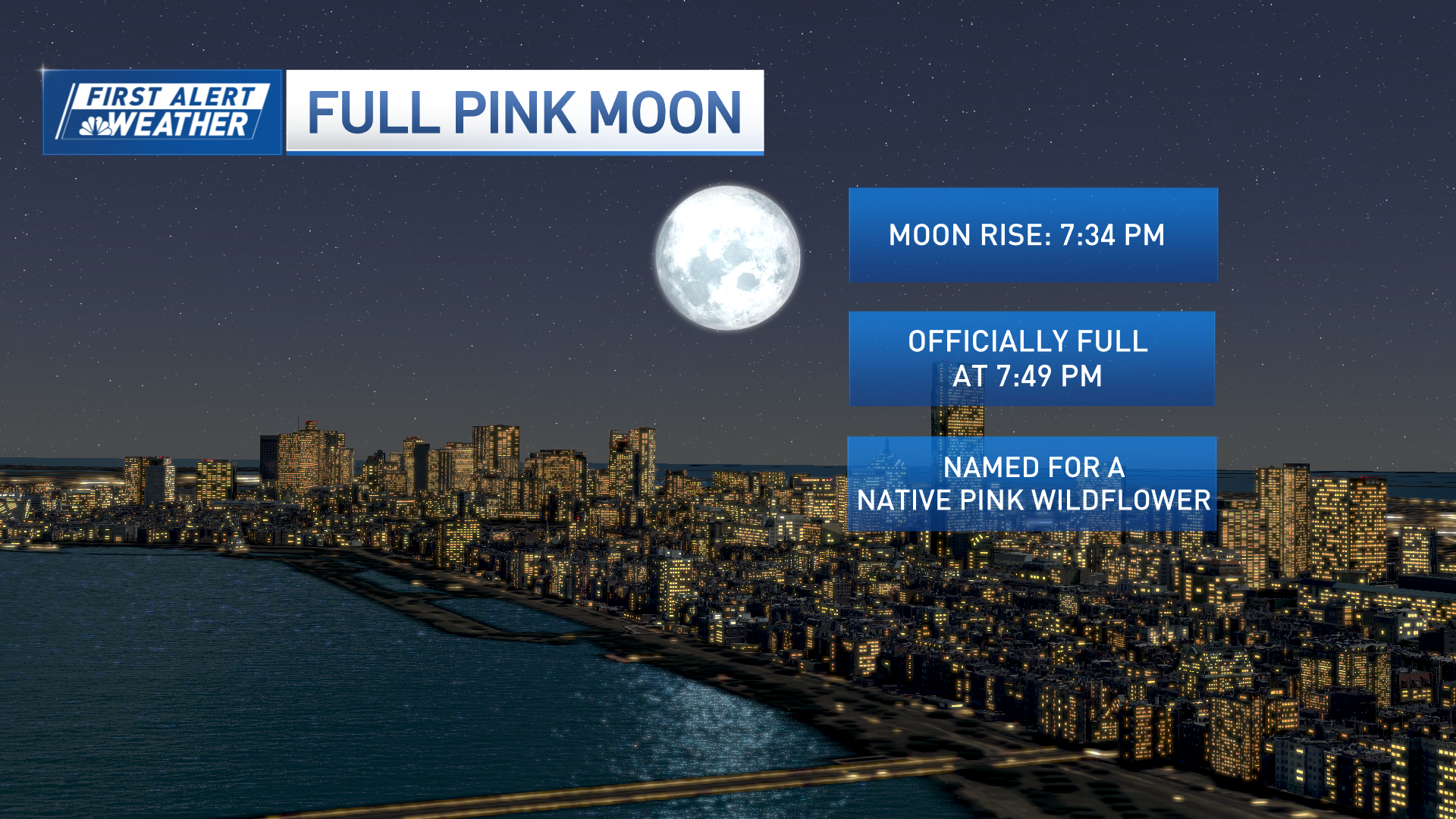Some day soon, you could be paying an extra 2 percent tax on your bar tab in Boston, or at the checkout line in the package store.
It's part of a move City Councilors Bill Linehan and Frank Baker to generate more funding for addiction treatment, legislation that came before a council committee for a hearing Thursday.
While Mayor Marty Walsh hasn't stated an official position on the measure, his director of the Office of Recovery Services, Jennifer Tracey, told councilors, "We're limited by resources. Potential additional funding from the proposed alcohol tax or any other ideas could help alleviate these challenges in a lot of ways."
"Quite frankly, there's a lot of good places that that money could be spent," said Dr. Timothy Naimi, an alcohol and addiction expert at Boston Medical Center and Boston University Medical School. "It could be in clinical services, addiction treatment."
Naimi also said higher alcohol taxes could reduce the incidence of alcohol abuse.
"Heavy drinkers tend to respond to alcohol taxes in about the same way that smokers respond to cigarette taxes," with a significant number reducing consumption, Naimi said.
But restaurant and liquor store owners told councilors the tax could drive diners and drinkers to the suburbs.
Massachusetts
The latest news from around the state
"Why would we make it harder to do business in Boston?" asked Massachusetts Restaurant Association CEO Bob Luz. "Customers in our restaurants are extremely price-sensitive."
"The city collects billions of dollars in taxes," said George Haivanis, owner of Reservoir Wines and Liquors near Cleveland Circle. "It's your responsibility as councilmen to find ways to make ends meet.’"
Restaurant owners noted that it was just six years ago that the state allowed Boston and other cities and towns to add a 0.75 percent local option tax on meals, which includes an added tax on drinks in restaurants, and said they think they are already being taxed plenty.
Jeffrey Gates of Aquitaine Group said it's unfair to tax only alcohol-serving businesses for addiction problems that often begin with promiscuously prescribed prescription painkillers that people get addicted to, with many of them turning to heroin as a cheaper alternative once they’re addicted.
"If you're looking for an industry to help you out, if you need some help, you might want to turn to the $400 billion pharmaceutical industry," Gates said.
Opinions are just as mixed among city visitors who'd pay the tax.
"I think the tax sounds like a good idea," said John Freebairn of Farmington, Utah. "It's going to help people stop drinking alcohol and recover from addiction."
But Matt Sumner, visiting from Mount Airy, North Carolina, disagreed after a lunch at a Marshall Street pub.
"I paid $6.75 for a beer just now, and there's plenty of taxes on it already," said Sumner.
To be sure, the tax faces a huge uphill fight. Assuming it comes before the council and gets approved, Mayor Walsh would have to OK it as well. Then the state Legislature would have to adopt a "home rule petition" allowing the tax. But because Gov. Charlie Baker, a Republican, would almost certainly veto a tax increase, legislators would then have to muster a two-thirds vote to override a Baker veto to make the tax law.
Linehan acknowledges that he's got lots of opposition and that the bill will cost restaurants and liquor stores, but he's glad people are at least talking about just who can pay for more addiction treatment.
"Marijuana can't be targeted at this time" until it gets legalized outright, which may happen through a 2016 ballot question, "and pharmaceutical drugs can't be targeted," Linehan said.
"So it's them" – alcohol-serving dining establishments and package stores – "for now," Linehan said. "The product, alcohol, is one that is closely related to the impacts of addiction throughout our community."
With videographer Marc Jackson



